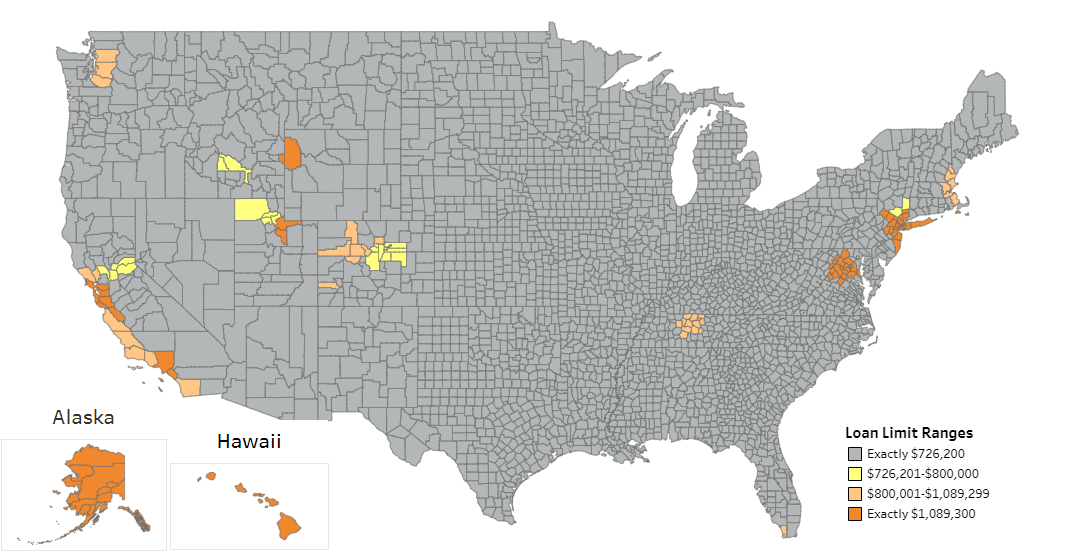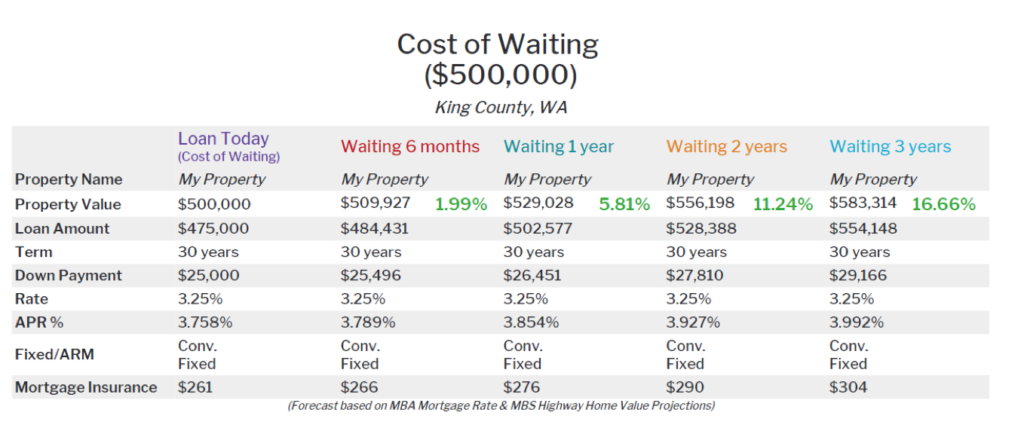WHAT IS A TRIGGER LEAD?
Trigger leads are generated when a consumer’s credit report is accessed during a loan application process. Credit bureaus like Equifax, Experian, and TransUnion can sell the consumer’s information as trigger leads to other companies, and these companies will begin calling you multiple times to solicit business. It’s frustrating as Homeseed needs to request your credit scores from the credit bureaus for the purpose of a mortgage loan.
IS THIS LEGAL?
The sale of trigger leads is currently legal, but there is a proposed bill called the Trigger Leads Abatement Act of 2022 that aims to prohibit their creation and sale.
HOW DO I STOP THEM?
There is no way to completely stop trigger leads, but taking steps such as opting out of pre-approved credit offers can reduce them significantly.
- Opt-Out of Phone Calls and Texts
Visit www.optoutprescreen.com to register yourself for the Electronic Opt-Out for 5 years. You can also register yourself by calling 888-567-8688. Visit www.donotcall.gov and register up to 3 phone numbers. Be sure to click on the link emailed to you from register@donotcall.gov within 72 hours to confirm your registration. - Opt-Out of Email and Mail Offers
Visit www.dmachoice.org and select Email Opt-Out Service to register up to 3 emails. Be sure to click on the link emailed to you within 30 days. You can also register up to 5 records for your household for 10 years. Please note they do charge a $4 admin fee for registration.










